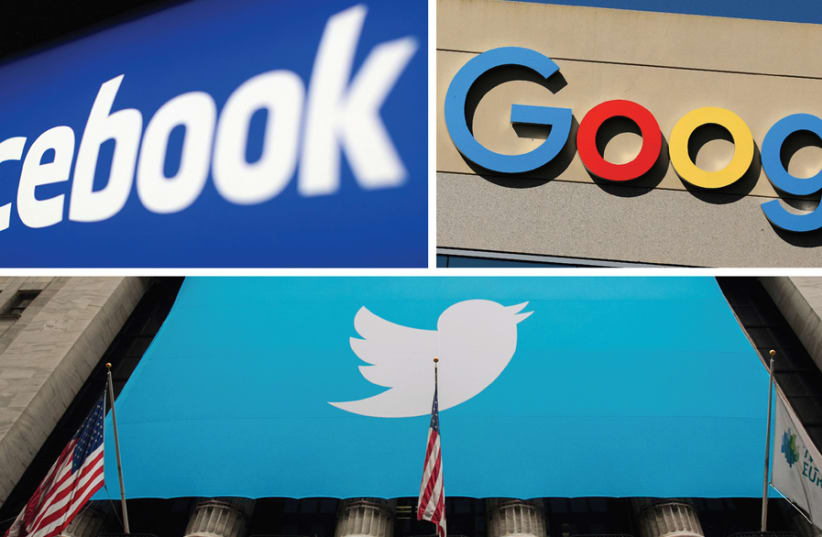With social media giants today influencing the way most of the world receives its information and news, Missouri Republican Sen. Josh Hawley has exposed Facebook, along with other companies such as Twitter and Google, for controlling what information appears on their platforms, reported The Washington Post. Most governments do not regulate these giants, so the public has little way of knowing what rights they have. Decisions appear arbitrary.
For example, in October, a story in The New York Post that appeared to show emails linked to US presidential candidate Joe Biden’s son became the center of a struggle by social media giants to limit the public’s exposure to “unsafe” news that has not been “fact-checked.”
The unprecedented attempt to stop people posting news stories by both Facebook and Twitter – two ostensibly rival companies that have built a collective base of more than three billion users – has major ramifications for global media, democracy and regulators.
Facebook CEO Mark Zuckerberg, in a testimony before the Senate Judiciary Committee, denied that the companies did collaborate with above-mentioned tech companies on content-enforcement policies, saying that the companies "do coordinate on, and share signals on, security-related topics."For example, if there is signal around a terrorist attack or around child-exploitation imagery or around a foreign government creating an influence operation, that is an area where the companies do share signals about what they see," he said.
However, Hawley, not believing Zuckerberg, as The Washington Post related, said that the Facebook CEO’s answers were unacceptable, predictable and more reason for the government to take action against “these modern-day robber barons.”
“What we have here is clear evidence of coordination between Twitter, Google and Facebook," claimed Hawley, adding that "Mr. Zuckerberg knows he has the tools to track this, but he either doesn’t remember or won’t commit to letting us see it.
“We have evidence of Facebook tracking its own users all across the web," Hawley continued. "Mr. Zuckerberg won’t answer questions about it, can’t remember the name, isn’t sure if the tool is deployed in this way, and won’t commit to giving us basic information.”
In conclusion, Hawley sarcastically noted that he was amazed by how many witnesses testifying before the Judiciary Committee “suddenly develop amnesia – maybe it is something about the air in the room.”
On the another hand, there are also some concerns about why some governments, such as Turkey, are apparently able to get social media giants to remove content, and whether other authoritarian regimes might soon be able to increase their ability to suppress critical news stories.There are also questions about why authoritarian regimes, such as Iran, can post whatever conspiracy theories they want on social media while media outlets in democracies, such as The New York Post, had their stories taken down or restricted.Seth J. Frantzman contributed to this report.
